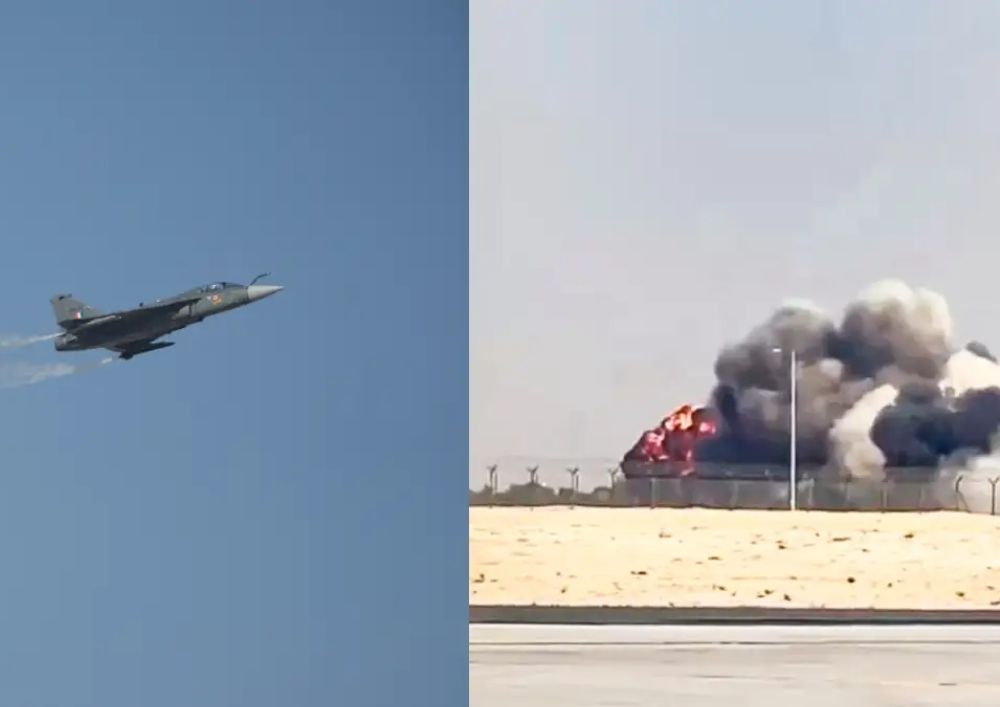India – Hindustan Aeronautics Limited (HAL) has described the recent crash of its home-grown Tejas fighter aircraft as an “isolated occurrence” caused by exceptional circumstances, even as growing scrutiny surrounds the incident and its implications for India’s military aviation ambitions.
The Tejas Mk-1A went down during a high-visibility demonstration flight at the Dubai Air Show, tragically claiming the life of the Indian Air Force (IAF) pilot onboard. Eyewitness videos showed the jet losing control mid-air before crashing and erupting into flames, sending thick plumes of smoke over the airfield. The IAF has ordered a full inquiry to determine the technical or operational failures that may have led to the disaster.
HAL Tries to Contain Fallout
In a statement issued after the crash, HAL reassured stakeholders that the incident would not harm its financial standing, export prospects, or ongoing Tejas production and delivery timelines. The aerospace manufacturer has categorised the crash as a standalone event, insisting that the aircraft continues to meet its performance and safety benchmarks.
Global Exposure, Unwanted Spotlight
However, the timing and location of the crash have intensified concerns. The tragedy unfolded in front of global buyers, diplomats, military observers, contractors, and competitors at one of the world’s key aerospace showcases. Analysts note that while India has been pushing Tejas as a symbol of indigenous manufacturing strength under the “Make in India” campaign, such a setback could challenge foreign confidence just as negotiations for potential export orders mature.
This is not the first time the fighter has faced technical scrutiny. In 2024, another Tejas jet suffered a crash reportedly linked to engine seizure, although the pilot at that time ejected safely. With two high-profile incidents within a short period, aviation experts believe HAL and the IAF may face tough questions regarding certification, quality assurance, and improvement timelines.
A Make-or-Break Moment?
For New Delhi, the Tejas programme is more than another defence acquisition project—its reputation is tied to India’s long-term vision of reducing reliance on foreign military platforms. The coming weeks will likely be critical, as investigators dissect the technical evidence, procurement partners await clarity, and HAL works to demonstrate that the aircraft remains mission-ready and internationally competitive.
This story has been reported by PakTribune. All rights reserved.



